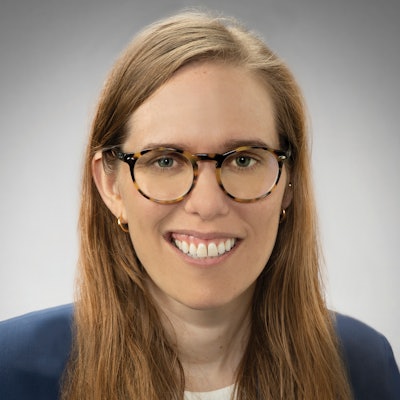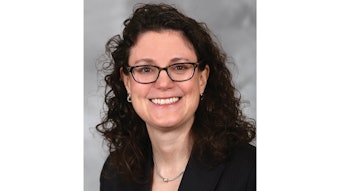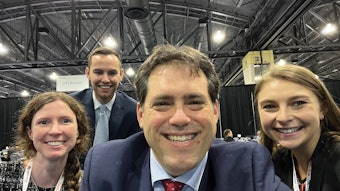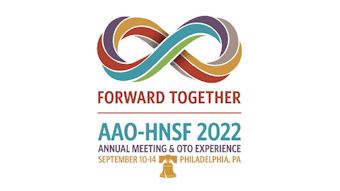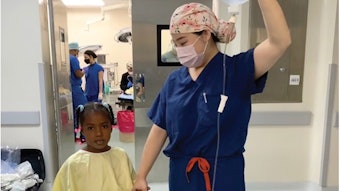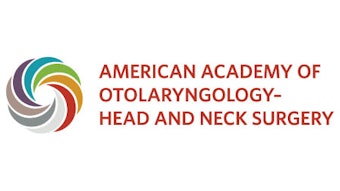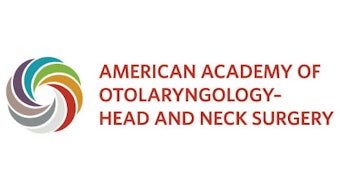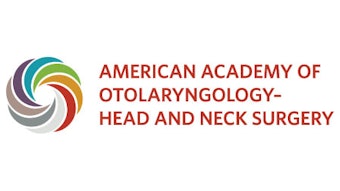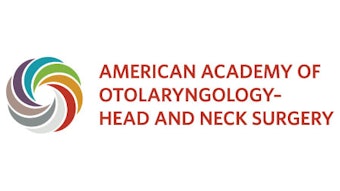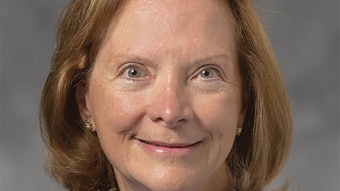The Resident Reviewer Development Program and International Author Curriculum: Expanding on Success
The RRDP, the first of its kind in otolaryngology journals, teaches residents the peer review process.
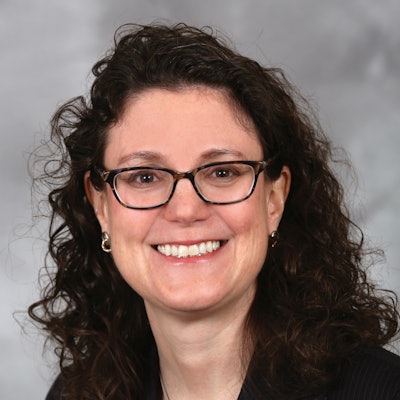 Cecelia E. Schmalbach, MD, MSc
Cecelia E. Schmalbach, MD, MSc
When Dr. Krouse, as Editor, brought Dr. Schmalbach on as the journal’s first Deputy Editor, he began a collaboration that not only established the RRDP in 2015, but also a new category of article for the journal to publish: patient safety and quality improvement. For Dr. Schmalbach, the inception of the RRDP was born out of a need she identified early in her career when she became a reviewer herself. She noted there was “no formal training in how to do peer review”—reviewers simply engaged in a particular area of expertise. As she explained in an interview with the Bulletin, “When you think of the responsibility of a peer reviewer, they should be a content expert and be able to speak to the scientific methodology of the paper, the validity of the science, etc. That takes training, just like everything else we do in otolaryngology.”
The RRDP, the first of its kind in otolaryngology journals, teaches residents the peer review process. Every year the RRDP considers applications from PGY-3 and PGY-4 residents and accepts a cohort whose members are paired with experienced, esteemed journal reviewers who serve as mentors. When mentors review manuscripts for OTO Journal, residents review the manuscripts as well—an exercise that is wholly independent from journal processes. Mentors work with their residents to hone the skills needed to assess studies under consideration for publication. Residents have two years to cycle through the program. Successful completion means residents have demonstrated an understanding of the peer review process. Graduates automatically enter the reviewer pool for OTO Journal and OTO Open, the AAO-HNSF open access journal. Each year’s cohort typically begins reviewing in the spring. The application deadline for the next class of reviewers is January 23, 2023.
Reviewing for the journals is the first step in securing more responsibility and leadership in journal operations. Reviewers have the opportunity to become Star Reviewers, which can lead to Editorial Board membership and subsequent appointment to Associate Editor. Of the 116 RRDP graduates to date, eight achieved Star Reviewer status, two serve on the Editorial Board, two serve on the International Editorial Board, and one is an Associate Editor.
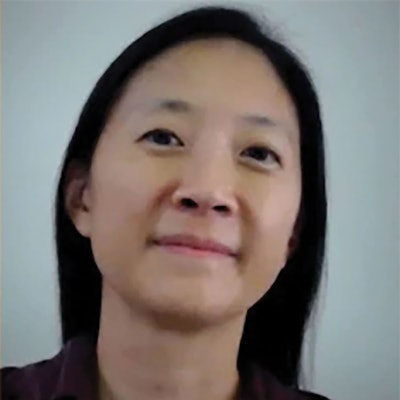 Jennifer J. Shin, MD, SM
Jennifer J. Shin, MD, SM
As to development of future topics for the international curriculum, Dr. Shin plans for sessions that involve “practical skills for our attendees. We want them to review and publish successfully and that involves both academic and practical skills.” Future program and curriculum participants can expect these topics to be timely, relevant, and of the highest caliber.
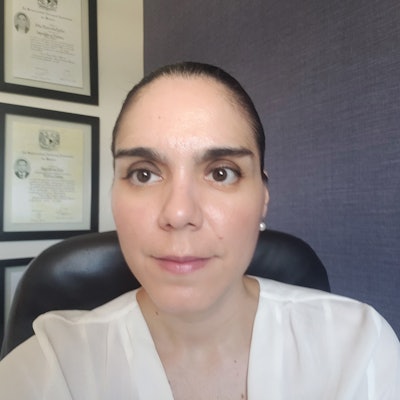 Erika M. Celis Aguilar, MD
Erika M. Celis Aguilar, MD
In her curriculum session, Dr. Celis draws on her experience as a highly regarded OTO Journal reviewer—she achieved Star Reviewer status—for nearly 10 years and as an RRDP mentor since the program’s inception to convey the important components of peer review to an international audience. “The literature review is something I emphasize in my session,” Dr. Celis noted. “Reviewers need to place the study they are reviewing into context to understand if this research offers a unique contribution to what is already published on the topic and if the results will help advance our knowledge and care of our patients. As an author, one needs to start research with a question that is relevant and interesting; similarly in this manner, one reviews the manuscript that follows.”
For reviewers and authors, their shared goal is to provide the journal with what it needs to improve patient care. This, naturally, offers a place to grow one’s knowledge base. “I really like the journal as a place to learn,” said Dr. Celis. “All who are involved—reviewers, editors, and authors—learn with each manuscript submitted.”
